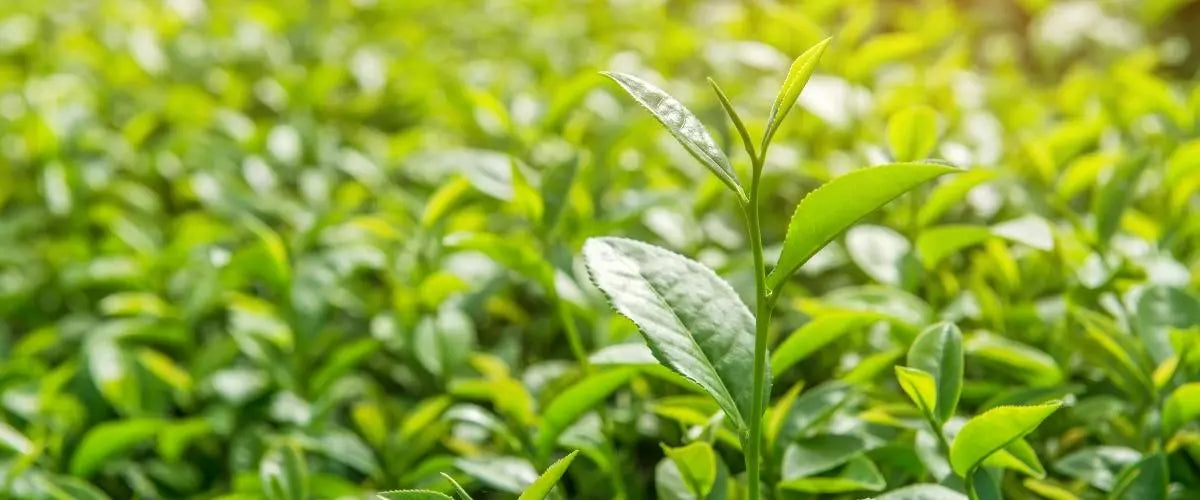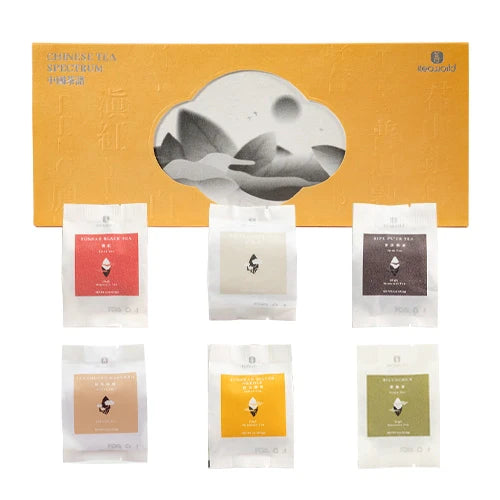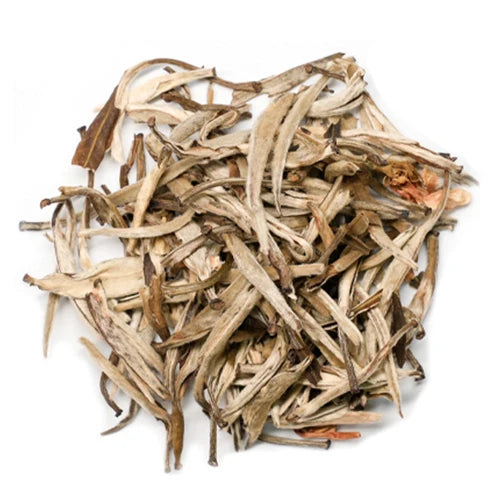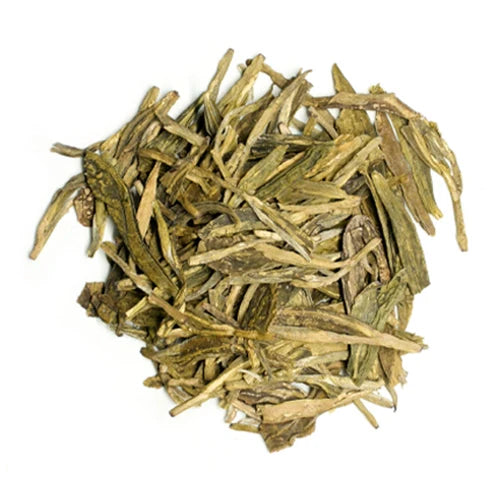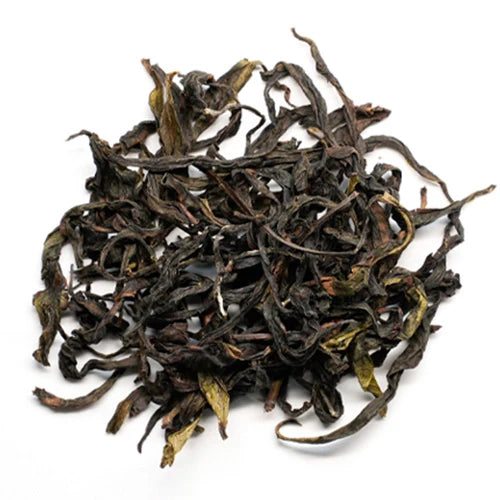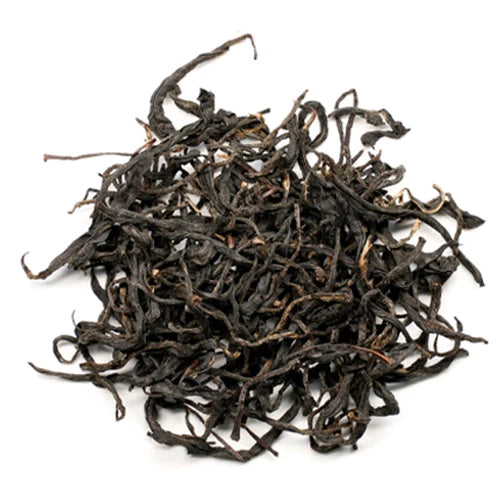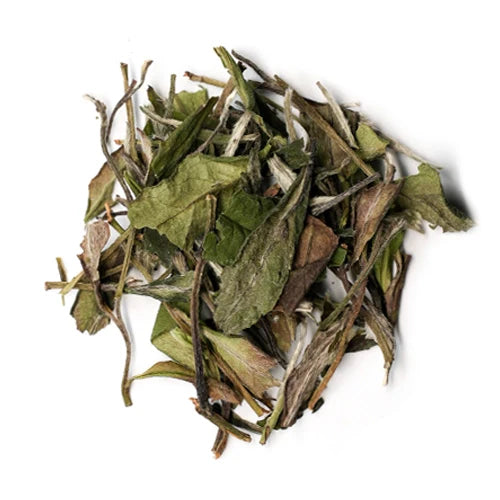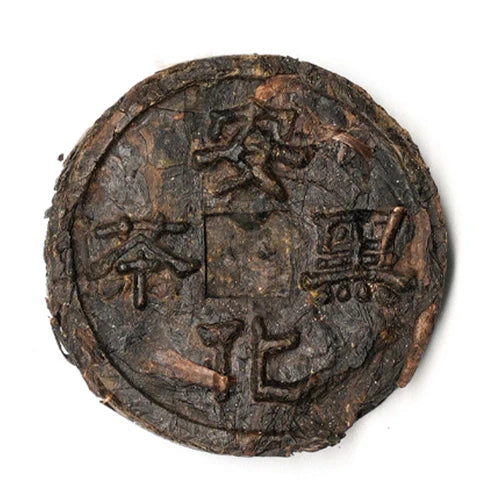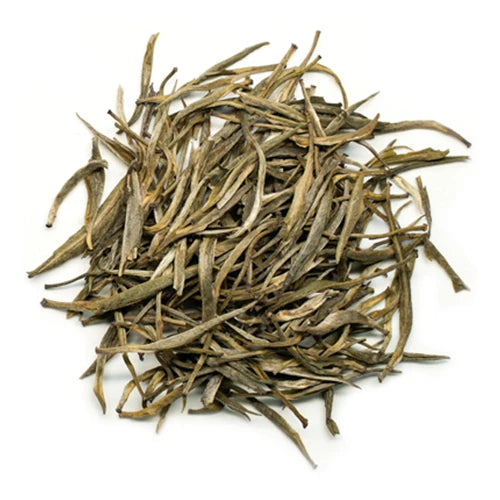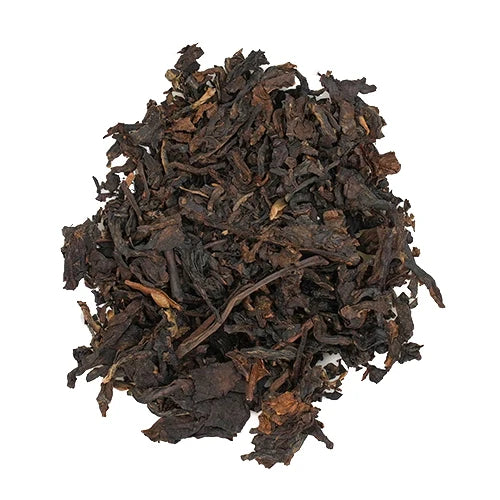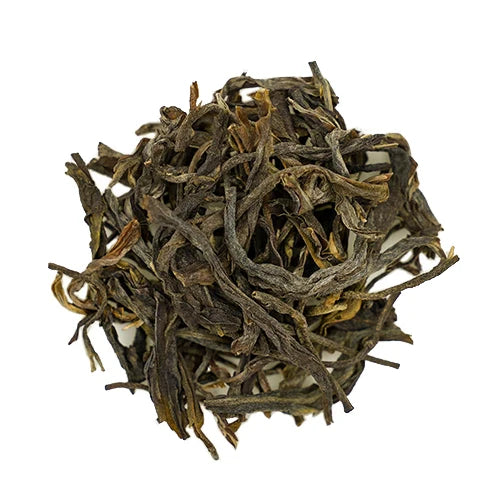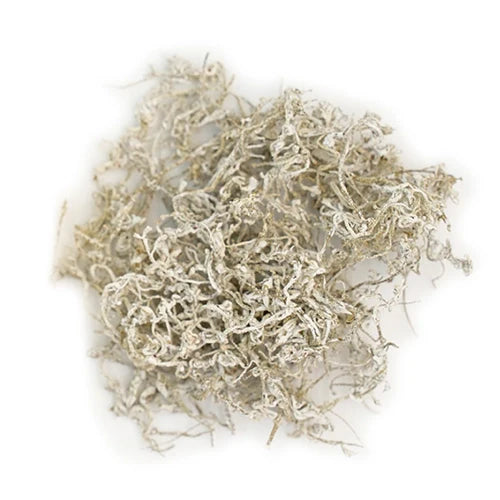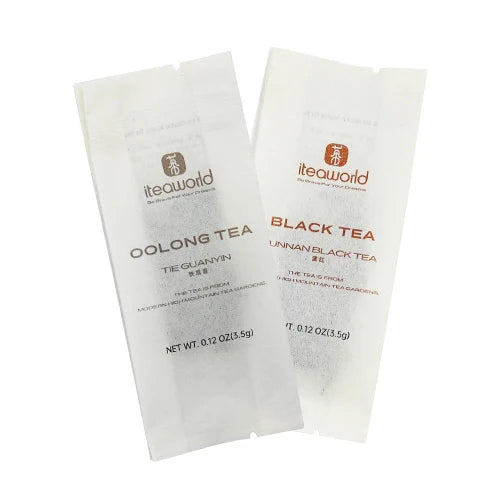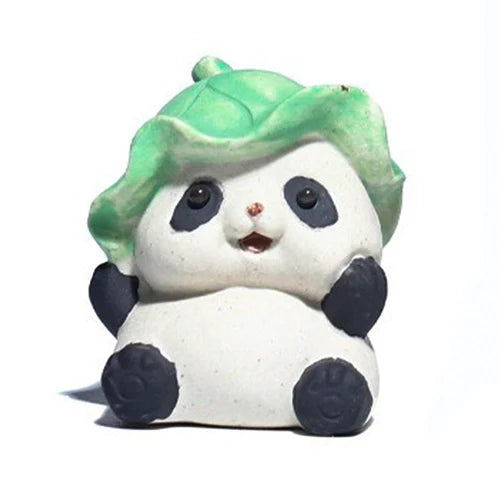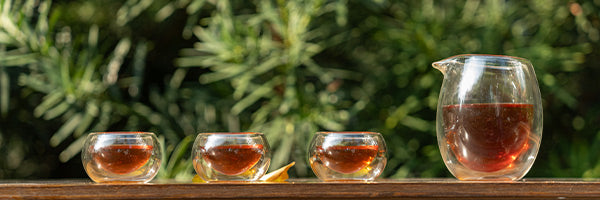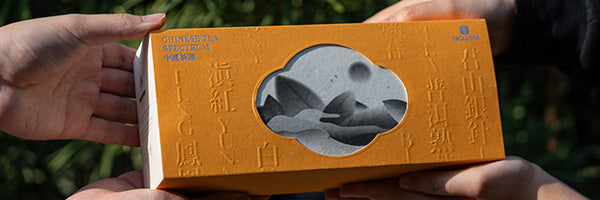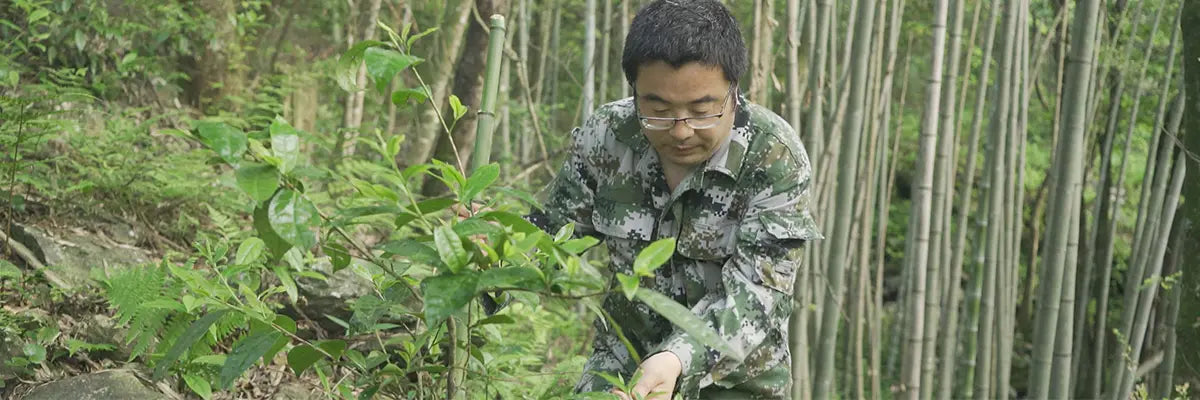Введение
Кофеин — широко потребляемый стимулятор, содержащийся в различных напитках, причем кофе и черный чай являются двумя из самых популярных источников. Понимание содержания кофеина в этих напитках необходимо для потребителей, которые хотят сделать осознанный выбор относительно своего ежедневного потребления кофеина. В этой статье мы рассмотрим содержание кофеина в кофе и черном чае , углубимся в факторы, влияющие на уровень кофеина, сравним их и предоставим соображения для потребителей. Итак, возьмите свою любимую кружку и давайте окунемся в мир кофеина в кофе и черном чае.
1. Содержание кофеина в кофе
Кофе пьют уже много веков, и он славится своими тонизирующими свойствами. Содержание кофеина в кофе может варьироваться в зависимости от нескольких факторов. Во-первых, важную роль играет тип кофейных зерен. Зерна арабики, известные своим нежным вкусом, обычно содержат меньше кофеина, чем зерна робусты, которые имеют более крепкий и горький вкус. Кроме того, на содержание кофеина влияет степень обжарки кофе. Более светлая обжарка, как правило, содержит немного больше кофеина, чем более темная.
Другим важным фактором является метод заваривания. Различные методы заваривания извлекают кофеин с разной скоростью. Например, порция эспрессо обычно содержит больше кофеина на унцию, чем стандартная чашка кофе, сваренного капельным способом. Длительность заваривания и температура воды также влияют на извлечение кофеина. Более длительное время заваривания и более высокие температуры обычно приводят к более высокому уровню кофеина.
Содержание кофеина в кофе может варьироваться от 95 до 200 миллиграммов на чашку 8 унций, в зависимости от факторов, упомянутых выше. Важно отметить, что эти значения являются приблизительными и могут варьироваться в зависимости от различных факторов, включая конкретную марку кофе и размер порции.

2. Содержание кофеина в черном чае
Черный чай, получаемый из листьев растения Camellia sinensis, является еще одним популярным кофеиновым напитком, который пьют миллионы людей по всему миру. Хотя часто считается, что черный чай содержит меньше кофеина, чем кофе, содержание кофеина в черном чае все равно может обеспечить приятный тонизирующий эффект.
Существуют различные виды черного чая , каждый из которых обладает своими уникальными характеристиками и содержанием кофеина. Давайте рассмотрим некоторые из них:
2.1. Черный чай из старого дерева Гуанси:
2.1.1 Наследие древних чайных деревьев
Guangxi Old Tree Black Tea черпает свою уникальность из древних чайных деревьев, которые выдержали испытание временем. Эти чайные деревья, часто возрастом более столетия, стали свидетелями смены поколений и несут с собой богатое наследие. Они являются живой связью с историей выращивания чая в Гуанси, вызывая чувство почтения и признательности к искусству чая.
2.1.2 Выращено природой: идеальные условия для выращивания
Расположенный среди захватывающих дух гор Гуйлиня, Guangxi Old Tree Black Tea процветает в нетронутой природной среде. Прохладный климат региона, обильные осадки и богатая минералами почва создают идеальные условия для выращивания чая. Чайные деревья поглощают питательные вещества из земли, в результате чего листья наполняются особой сложностью и глубиной вкуса. Горы защищают чайные сады от промышленного загрязнения, гарантируя, что чай останется чистым и незапятнанным.
2.1.3 Чистота и органика: выращивание без химикатов
Приверженность органическому выращиванию отличает Guangxi Black Tea. Местные фермеры, выращивающие чай, ухаживают за древними чайными деревьями, используя традиционные и устойчивые методы. Химические удобрения, пестициды и стимуляторы роста избегаются в пользу натуральных и органических методов. Эта преданность чистоте не только сохраняет целостность чая, но и защищает окружающую среду и здоровье тех, кто им наслаждается.
2.1.4 Раскрывающиеся ароматы: сладость, цветочные ноты и многое другое
При заваривании Guangxi Black Tea раскрывает пленительный вкусовой профиль. Присущая чаю сладость дополняется тонкими цветочными и фруктовыми нотками, создавая гармоничный и сбалансированный вкус. Каждый глоток предлагает путешествие открытий, поскольку вкусы раскрываются и танцуют на нёбе. Сложность Guangxi Black Tea является свидетельством возраста чайных деревьев, терруара региона и искусных методов обработки, используемых чайными мастерами.
В заключение, Guangxi Black Tea является свидетельством необыкновенных вкусов, которые можно получить из древних чайных деревьев. Его наследие, взращенное природой, органическое выращивание и пленительные вкусы делают его сокровищем, которое нужно беречь. Наслаждаясь им в одиночестве или разделяя его с другими, Guangxi Black Tea приглашает любителей чая отправиться в путешествие по исследованию и оценке, соединяя их с богатой историей и наследием китайского чая.

2.2. Юньнаньский черный чай:
2.2.1 Взгляд на чайное наследие Юньнани
Yunnan Black Tea несет в себе суть богатого чайного наследия Юньнани, региона, известного своим производством чая. Пропитанная традициями и историей, чайная культура Юньнани насчитывает столетия и тесно переплетена с местным образом жизни. Это захватывающее наследие добавляет глубину и значимость каждой чашке Yunnan Black Tea.
2.2.2 Дары природы: процветание на уникальном терруаре Юньнани
Расположенный в юго-западной части Китая, Юньнань может похвастаться разнообразным и живописным ландшафтом, который обеспечивает идеальные условия для выращивания чая. Высокогорье региона, туманные горы и плодородная почва создают уникальный терруар, который придает особые характеристики черному чаю Юньнань. Чайные кусты процветают под ласковыми объятиями природы, впитывая сущность своего окружения и наполняя ею листья.
2.2.3 Древние чайные деревья: хранители традиций
Черный чай Юньнань часто получают из древних чайных деревьев, которые стоят уже много веков. Эти величественные деревья, некоторые из которых достигают высоты более 1000 лет, почитаются за свою мудрость и стойкость. Они являются свидетельством непреходящего духа чайной культуры Юньнань и символизируют глубокую связь между землей, людьми и чаем, который они производят.
2.2.4 Красное золото: глубокий цвет и блестящие вкрапления
Черный чай Юньнань часто называют «красным чаем» в Китае из-за глубокого красноватого оттенка, который он придает напитку. Яркий цвет — визуальное наслаждение, которое отражает богатые и крепкие вкусы, содержащиеся в нем. С каждым завариванием чай высвобождает завораживающий оттенок, приглашая любителей чая насладиться его визуальной красотой, смакуя его изысканный вкус.
В заключение, Yunnan Black Tea воплощает в себе очаровательные земли Юньнани, предлагая чувственное путешествие по ее богатым вкусам и захватывающей истории. От древних чайных деревьев до разнообразного терруара, Yunnan Black Tea воплощает в себе суть этого замечательного региона. С каждым глотком любители чая могут ощутить наследие и очарование чайной культуры Юньнани, принимая путешествие, которое разворачивается в каждой чашке.
2.3. Черный чай Сушонг:
2.3.1 Знакомство с черным чаем Сушонг
Черный чай Сушонг — это особый и пленительный сорт черного чая. Родом из горных районов Фуцзянь, Китай, он занимает особое место в мире чая благодаря своему уникальному дымному аромату и вкусу. Этот подзаголовок приглашает любителей чая отправиться в путешествие, чтобы открыть для себя чарующие прелести черного чая Сушонг.
2.3.2 Традиционный процесс копчения: создание фирменного вкуса
Что отличает черный чай Сушонг, так это традиционный процесс курения, используемый при его производстве. После завяливания и скручивания чайные листья тщательно сушатся над сосновыми дровами. Эта скрупулезная техника курения придает листьям отчетливый дымный аромат и вкус, напоминающий о кострах и теплых очагах. В результате получается чай, который с каждым глотком вызывает чувство ностальгии и приключений.
2.3.3 Происхождение и терруар: сохранение сущности Сушонга
Черный чай Сушонг обязан своим характером уникальному терруару своего происхождения в провинции Фуцзянь. Окутанные туманом горы и плодородная почва создают идеальную среду для выращивания чайных кустов. Местный климат и география способствуют насыщенному вкусу чая, а горный воздух наделяет листья ноткой естественной свежести. Сущность черного чая Сушонг тесно переплетена с землей, на которой он выращивается.
2.3.4 Универсальность и кулинарные изыски: за пределами чайной чашки
Дымный профиль черного чая Сушонг подходит для широкого спектра кулинарных применений. Его можно использовать для придания уникальных вкусов пикантным блюдам, таким как маринады, соусы и даже копченое мясо. Крепкий характер чая добавляет глубину и сложность десертам и выпечке, улучшая их вкусовые характеристики. Наслаждаясь им в чайной чашке или добавляя в кулинарные творения, черный чай Сушонг предлагает мир гастрономических исследований.
В заключение, черный чай Сушонг открывает мир дымчатого очарования и пленительных вкусов. От традиционного процесса курения до истоков в терруаре Фуцзянь, черный чай Сушонг предлагает чувственное путешествие, которое радует вкус и пробуждает чувство традиции. Побаловав себя черным чаем Сушонг, можно ощутить очарование и богатое наследие этого уникального сорта чая.

3. Сравнение содержания кофеина: кофе и черный чай
При сравнении содержания кофеина в кофе и черном чае важно учитывать различия, вызванные такими факторами, как тип зерен, обжарка, методы заваривания и размеры порций. В среднем чашка кофе на 8 унций содержит примерно от 95 до 200 миллиграммов кофеина, тогда как такая же порция черного чая содержит около 14–70 миллиграммов кофеина.
Однако стоит отметить, что эти цифры являются общими рекомендациями, а фактическое содержание кофеина может варьироваться в зависимости от конкретного сорта кофе или чая, способа заваривания и индивидуальных факторов. Кроме того, кофеин в чае часто уравновешивается другими соединениями, такими как L-теанин, который может оказывать успокаивающее действие и смягчать некоторые потенциальные нервные срывы, связанные с потреблением кофеина.
4. Факторы, влияющие на содержание кофеина
На содержание кофеина в кофе и черном чае влияют несколько факторов. В кофе играют роль тип кофейных зерен, степень обжарки и метод заваривания. Аналогично, в черном чае на уровень кофеина влияют конкретный сорт чая, условия выращивания, методы сбора урожая и методы обработки.
Содержание кофеина также может зависеть от температуры воды и времени заваривания. Как правило, более длительное время заваривания и более высокая температура воды приводят к увеличению экстракции кофеина. Однако важно отметить, что кофеин является одним из первых соединений, которые извлекаются, поэтому более длительное время заваривания не приведет к значительному увеличению содержания кофеина сверх определенной точки.
5. Соображения для потребителей

Когда дело доходит до выбора между кофе и черным чаем на основе содержания кофеина, следует учитывать несколько соображений. Во-первых, индивидуальная чувствительность к кофеину различается, и некоторые люди могут быть более чувствительны к его воздействию, чем другие. Важно прислушиваться к своему телу и помнить о своей переносимости кофеина.
Во-вторых, желаемый профиль вкуса и аромата может повлиять на выбор напитка. Кофе предлагает широкий спектр вкусов, от фруктовых и цветочных до ореховых и шоколадных, в зависимости от типа зерен, степени обжарки и техники заваривания. С другой стороны, черный чай предлагает свои собственные уникальные вкусовые профили, варьирующиеся от солодовых и крепких до цветочных и нежных. Изучение различных сортов кофе и черного чая может помочь вам найти свой предпочтительный вкусовой опыт.
Другие факторы, помимо содержания кофеина, также следует учитывать. Например, черный чай содержит такие соединения, как полифенолы и катехины, которые обладают антиоксидантными свойствами и потенциально полезны для здоровья. Кофе, с другой стороны, известен своим стимулирующим эффектом и потенциальными когнитивными преимуществами. Культурные и социальные факторы, а также личные предпочтения также следует принимать во внимание при выборе между кофе и черным чаем.
Заключение
Понимание содержания кофеина в кофе и черном чае позволяет потребителям делать осознанный выбор на основе своих предпочтений и индивидуальных потребностей. Кофе обычно содержит больше кофеина, с вариациями в зависимости от таких факторов, как тип зерен, степень обжарки и способ заваривания. Черный чай, хотя и содержит меньше кофеина, все равно обеспечивает приятное тонизирующее действие, а также обладает уникальными вкусовыми характеристиками и потенциальной пользой для здоровья.
В конечном счете, выбор между кофе и черным чаем должен основываться на личных предпочтениях, чувствительности к кофеину, желаемых вкусовых профилях и других факторах, которые способствуют общему удовольствию от напитка. Независимо от того, потягиваете ли вы крепкий кофе или наслаждаетесь сложными вкусами черного чая, оба напитка предлагают свои собственные особые удовольствия и занимают место в сердцах любителей кофеина по всему миру.
Если вы хотите исследовать мир черного чая и расширить свои вкусовые горизонты, рассмотрите iTeaworld Loose Leaf Tea . Как бренд, посвященный предоставлению исключительных чайных впечатлений, iTeaworld предлагает широкий ассортимент высококачественных чаев, поставляемых из известных регионов выращивания чая. От черного чая Guangxi Old Tree с его сладким вкусом до черного чая Yunnan и черного чая Souchong с его насыщенным ароматом, iTeaworld предлагает вам выбор чая, воплощающего мастерство и искусство выращивания чая.
Помните, мир чая огромен и разнообразен, и iTeaworld здесь, чтобы сопровождать вас на каждом шагу. Откройте для себя чудеса чая и поднимите свои впечатления от чаепития с iTeaworld.





